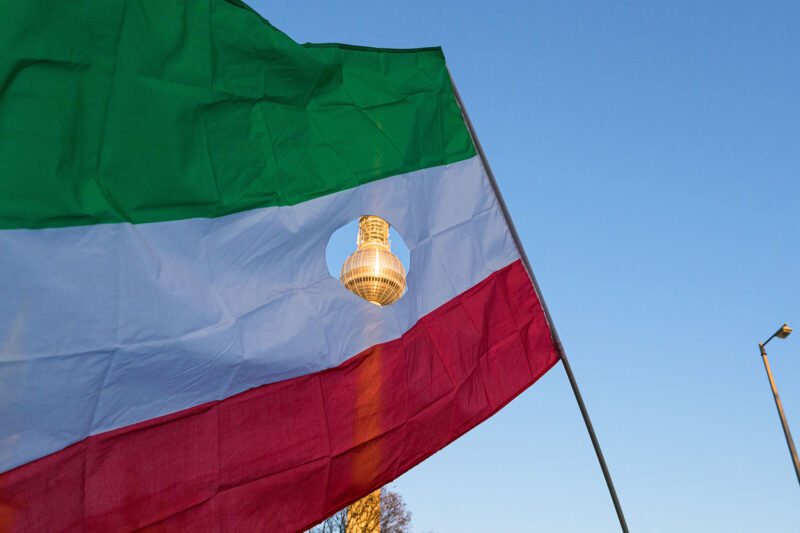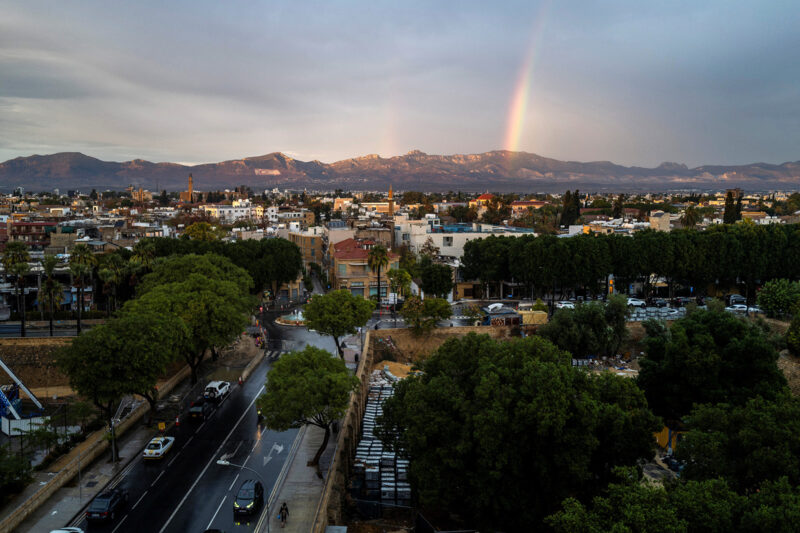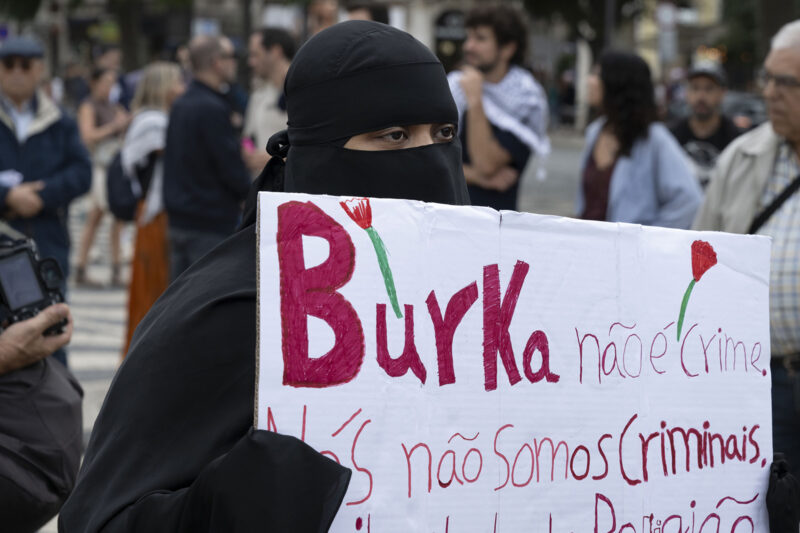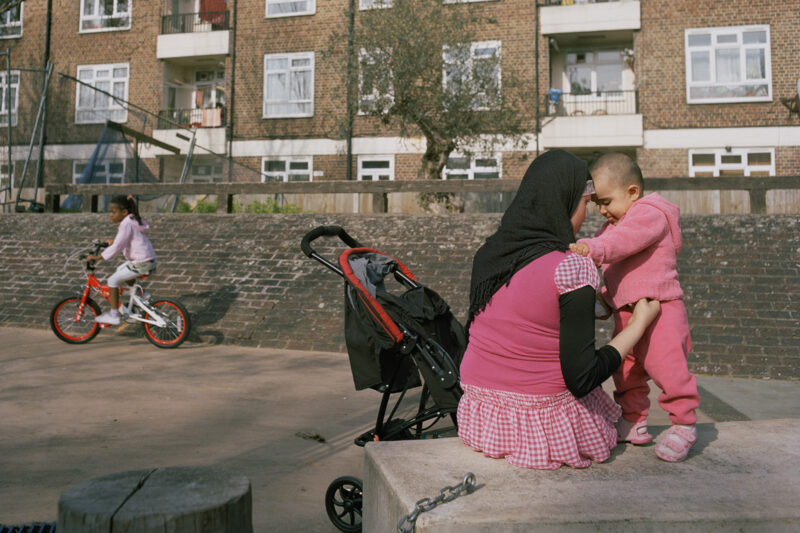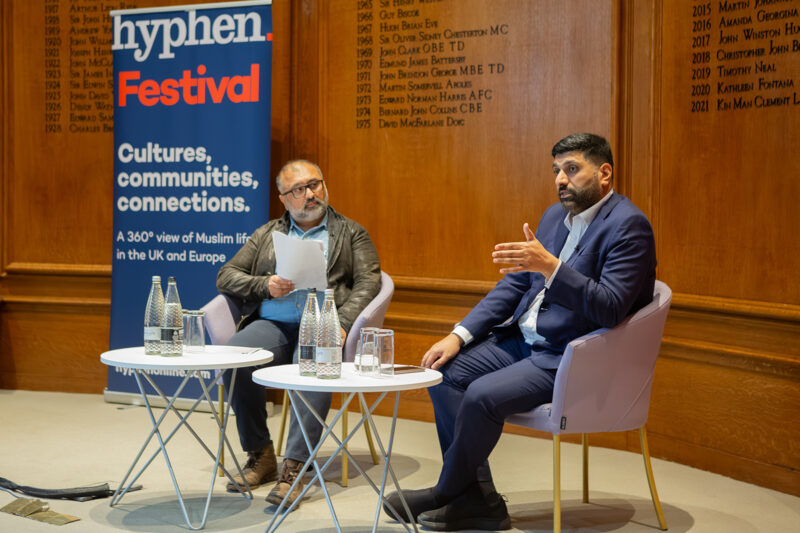Muslim Labour members tell conference that party must do more to fix relationship with the community
Britain’s faith minister Wajid Khan vowed to root out Islamophobia, but figures in Labour Muslim Network raised string of failures
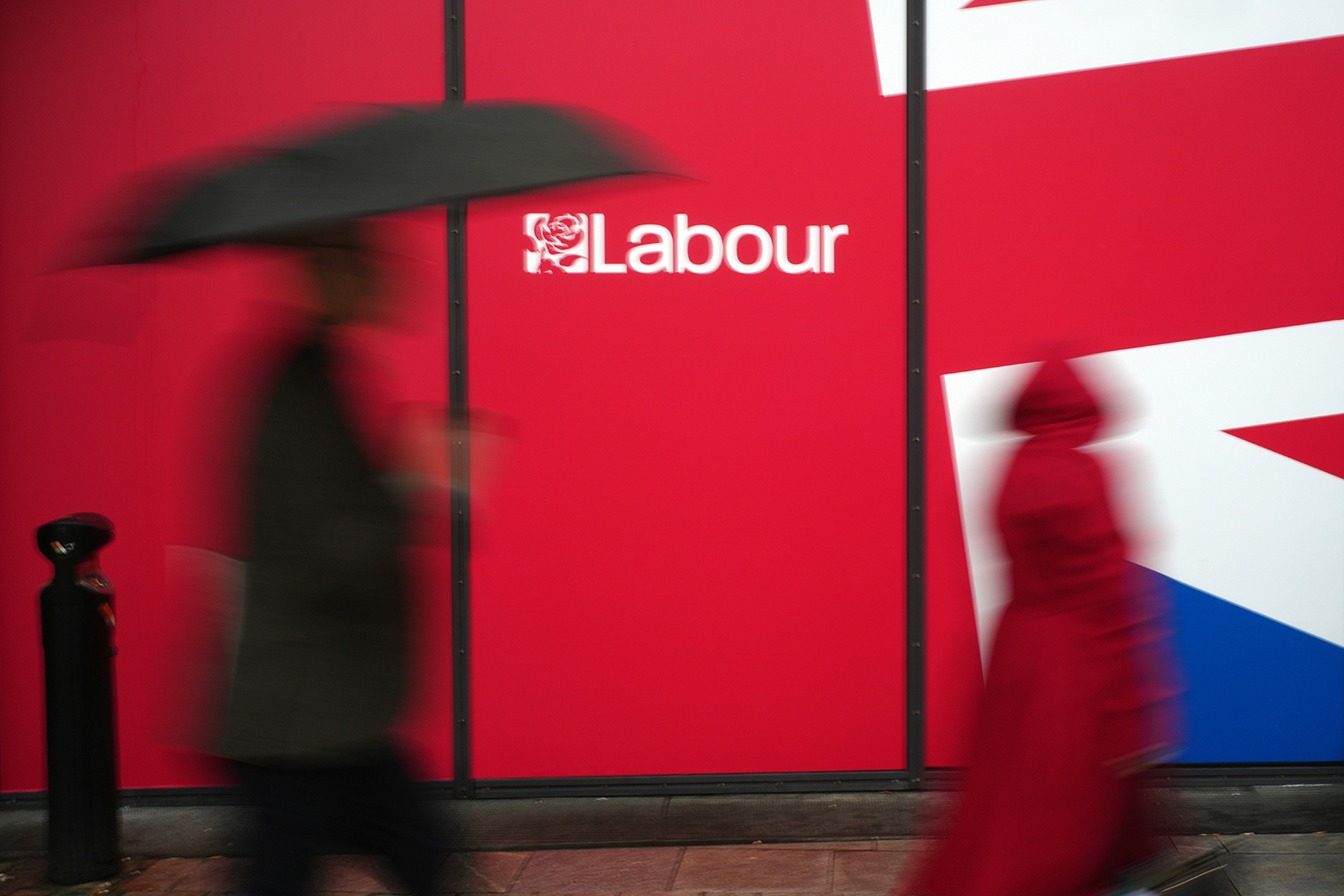
Faith minister Wajid Khan told the opening day of Labour’s annual conference that he was committed to rooting out Islamophobia in society — but Muslim members at the event, held in Liverpool, said the party must do more to repair its own relationship with the community.
Lord Khan made the pledge while speaking at a Labour Muslim Network reception on Sunday. He also offered a commitment to pushing through a formal definition of Islamophobia, but did not give a timeframe. Hyphen reported last week that the government appeared to be backing away from an earlier commitment to a definition proposed by an all-party parliamentary group (APPG) in 2019.
“Islamophobia has no place in our country,” said Khan. “That’s why I promise you that we will deal with the issue of Islamophobia. We will ensure we have Islamophobia defined, so when a young woman in hijab or an elderly man is attacked, we will get more protection and people will think twice before they discriminate against people of faith.”
Khan did not commit to the APPG position, saying he would be taking “an independent approach to ensure that we will build on a definition”.
Speaking at the same event, Labour Muslim Network chair Ali Milani said Labour leadership should be “clear-eyed and open-eyed that Muslims feel like the party has let them down”.
“We were the first ones to ring the alarm bell around Muslim votes as a result of the Labour party position on Gaza,” he told the audience, which included MPs Abtisam Mohamed, Sarah Owens, Afzal Khan and Rachel Blake.
Milani said he had told party officials in January that Labour “had a serious problem with Muslim voters”.
“I was laughed at and told to leave the room,” he added. “We lost Muslim voters in droves. People are angry with us. They are hurt. Now it’s our job to win them back.”
He also told the room he had been “harassed, shouted down and bullied” for raising the issue of discrimination within the party.
“I have been physically threatened in rooms where I have been talking about Islamophobia,” he said.
Guests who spoke to Hyphen on the conference floor expressed some optimism that the party could yet turn around its relationship with British Muslims.
“Labour is a broad church,” said councillor Shabina Qayum, from Peterborough. “It’s now more diverse than it ever has been in the way of parliamentary representation — that’s a celebration for local councillors like me, but there is a lot more work to be done I believe.”
On Gaza, she added: “While this crisis prevails, there is going to be a lot more heat and anger, and that will take time to dissipate.”
At a separate event, Samayya Afzal, who has trained Labour members on Islamophobia, said she had made a complaint at last year’s conference, but was still awaiting a response.
Afzal, a co-founder of the Labour Muslim Network, told a panel organised by the Palestine Solidarity Campaign that she had complained after overhearing a “horrifying” conversation between a Labour MP and one of their staff members, in which the staff member laughed during a speech about the death toll of Palestinians and said: “There’s a reason why their lives are not considered worthy of sympathy.”
Afzal said the MP — who she would not name — is no longer an elected member, but is “still involved” in the party.
Asked if the party had improved on the issue of Islamophobia, Afzal said: “The fact that it’s been a year and it hasn’t been resolved does not give me any faith. I’m the person who trains the Labour party on Islamophobia and my complaint has not been dealt with, so I think that tells you a lot.”
Hyphen put Afzal’s claims to the Labour party but did not receive a response.
It was also clear that some of the party’s elected representatives felt brushed aside. Muslim councillors from two different regions of the country told Hyphen on condition of anonymity that they felt “silenced and unsupported” by the party, and had lost the respect of their local communities because of Labour’s position on Gaza.
One from the East Midlands, who has been a councillor for 12 years and a Labour member since 1996, said he had been harassed online and during Friday prayers at his local mosque by members of the community who questioned why he had remained in the party and criticised him for not speaking up in support of Palestinians.
“We had people swearing at us, telling us that we should resign,” he said. “If I posted on Facebook and Instagram about something I’ve just done for the local area, they would say things like, ‘You’re a disgrace, you’re not doing anything for Palestine.’”
The councillor told Hyphen that regional party leaders had prohibited him and his colleagues from making any public statements until January this year.
“Eventually we got to put something out, but by that time, everybody was saying it was too late.”
 Newsletter
Newsletter









